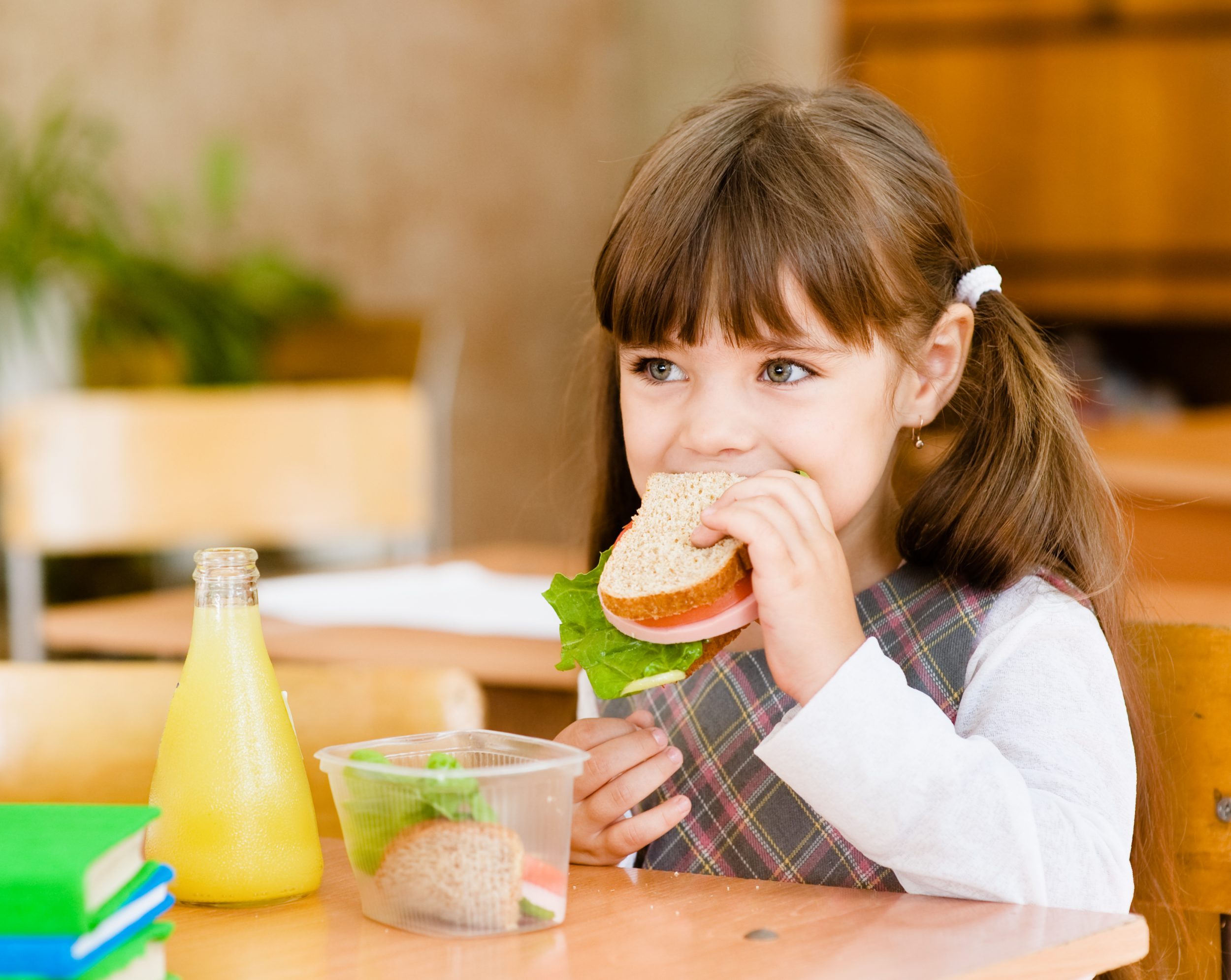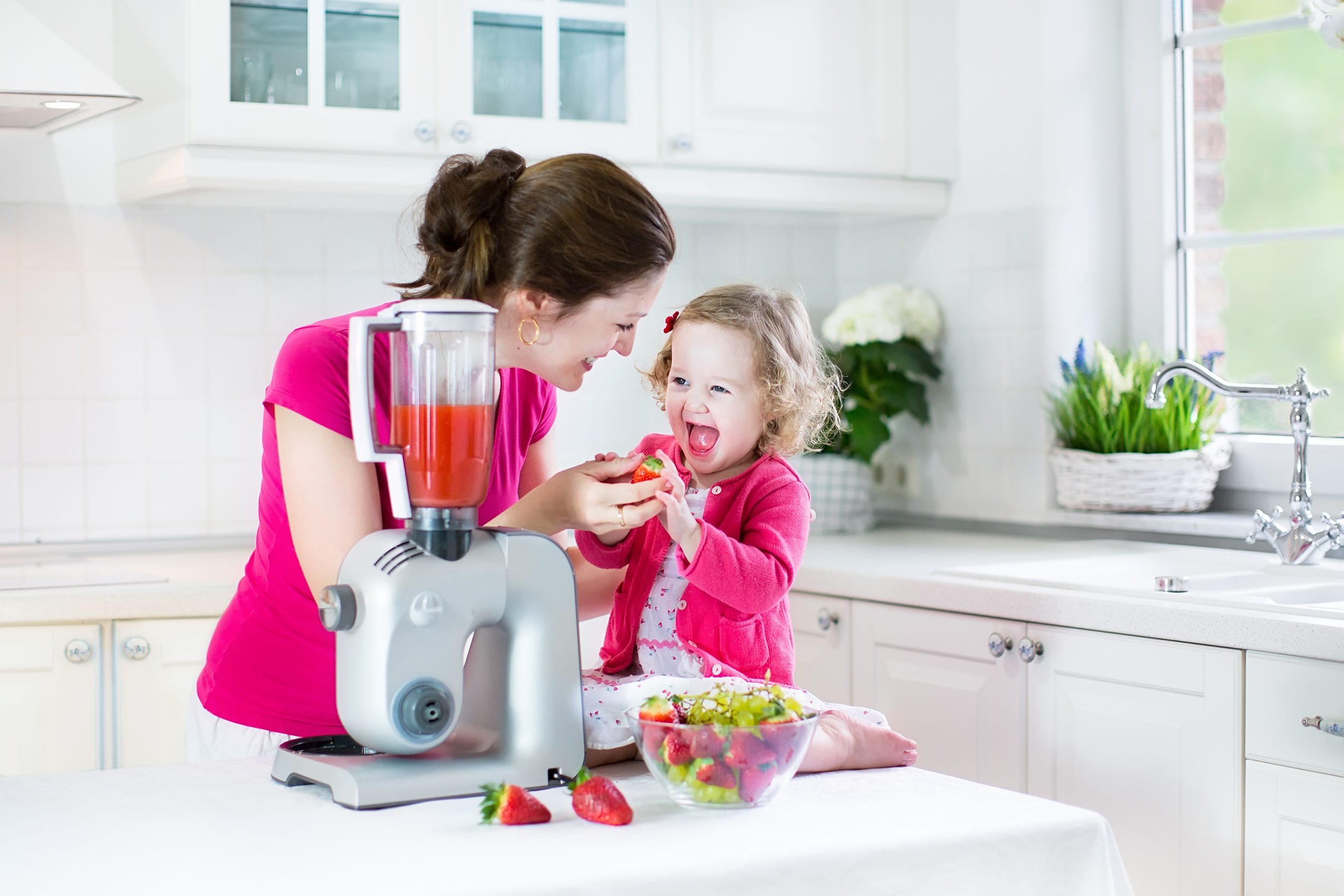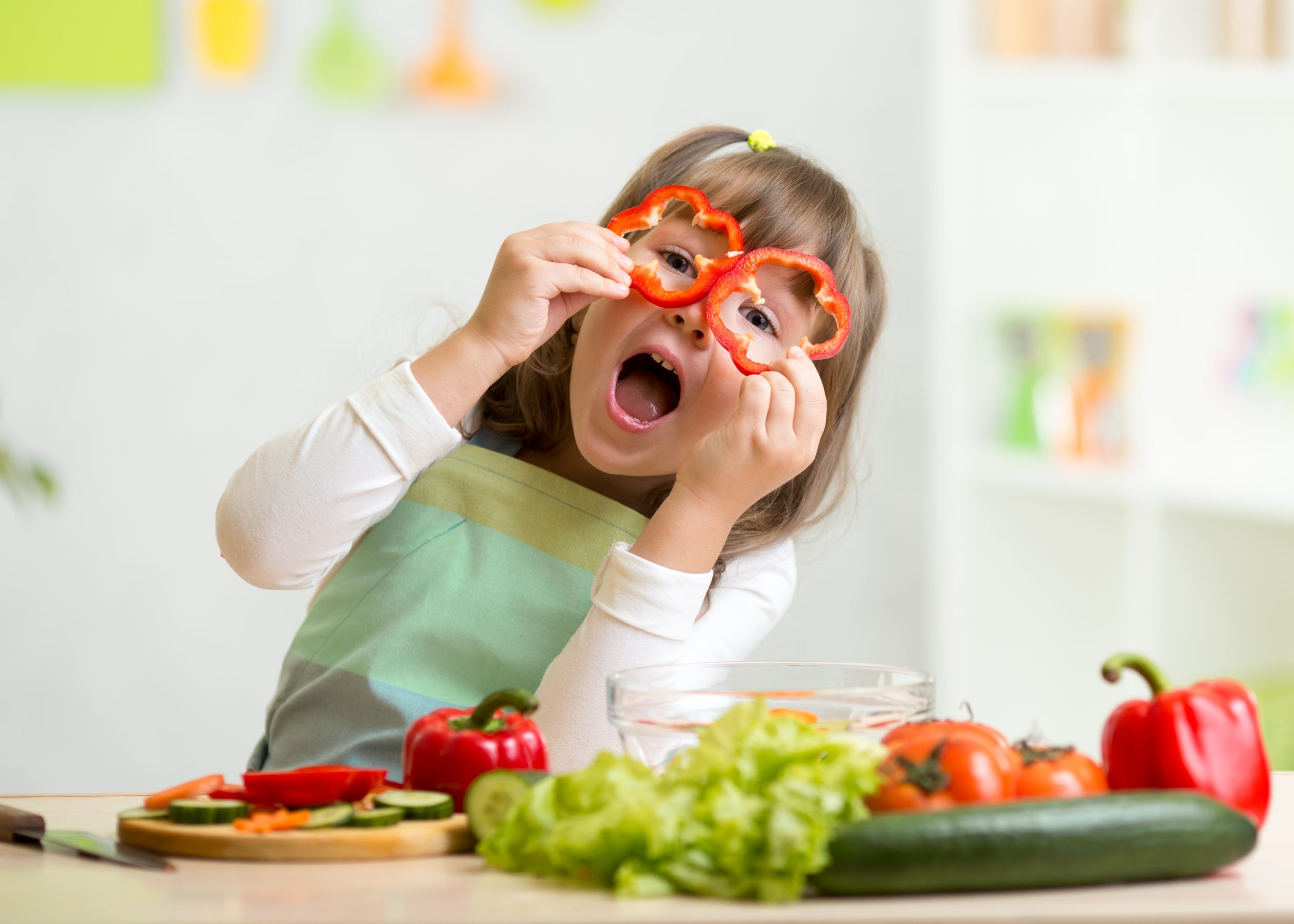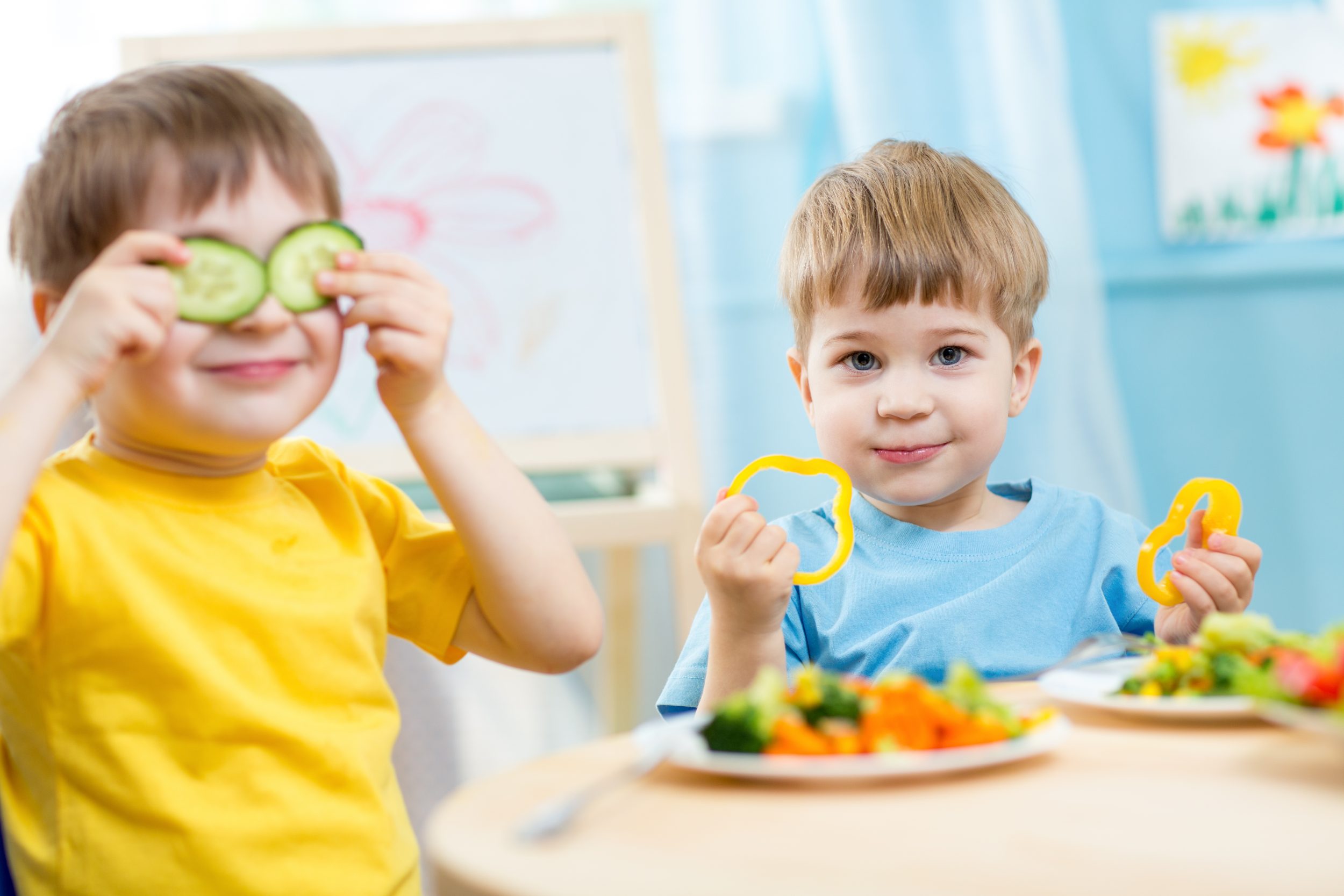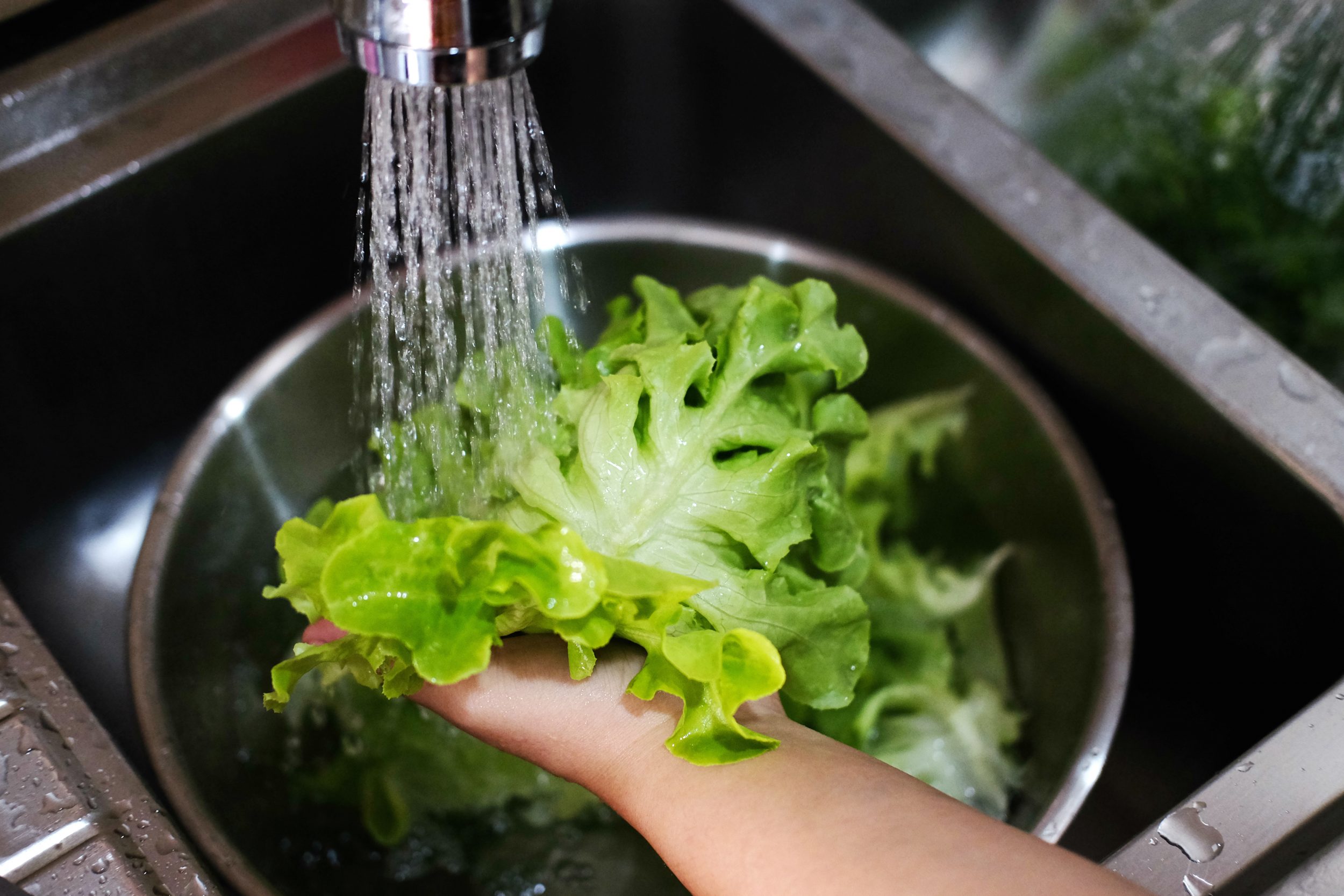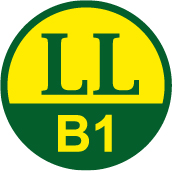
So essen 1- bis 3-Jährige richtig
Many things change
You gave your child their first solid food as a baby, and they already know many different flavours. But after their first birthday, many things change when it comes to food. Your child slowly learns how to eat on their own. They learn how to chew solid foods. They learn how to use plates, cups, and forks.
Do not compare your child to other children of the same age. Every child is different. They develop differently. You can tell best what your child wants to learn first. And you can see what your child needs. Some children use a spoon and fork early on, others want you to feed them for longer. All of this is normal.
Help your child to eat on their own. Give your child enough time to do so. It is also important that mealtimes are calm, and that your child is comfortable.
At around 12 months, children can eat the same food as adults. They do not need special "children’s products".
How your child learns to eat with the grown-ups
Regular mealtimes help your child get used to a daily rhythm. There should always be breakfast, lunch, and dinner. There should also be 1 to 2 snacks per day.
Start by giving your child small servings at mealtimes. But they can always take more if they are still hungry. Give your child food in a way that makes it easy to eat. The food can be firm or soft or easy to bite off. It depends on how well your child can already handle food. Make sure that your child is not distracted while they eat. For example, by the TV. If you spend a lot of time in front of the screen, you move less. This can lead to overweight.
If possible, plan at least one family meal per day. Parents and children sit at the same table and eat the same food. This makes your child feel safe and they can learn from others.
Between meals, your child should not have additional snacks, or drinks with sugar or milk. But your child can drink water at any time.
I am hungry!
I am full!
Children know when they are hungry. Take them seriously. Your child might say something like "I want that" and point to food. Maybe it will lead you to the fridge. This shows you that your child is hungry.
The child also knows very well when it is full. They will show or tell you. They use words like "done". Or they play with the food or throw it away. Pay attention to these signs and listen to them. You must not force or pressure your child to eat more.
Your child discovers a new world
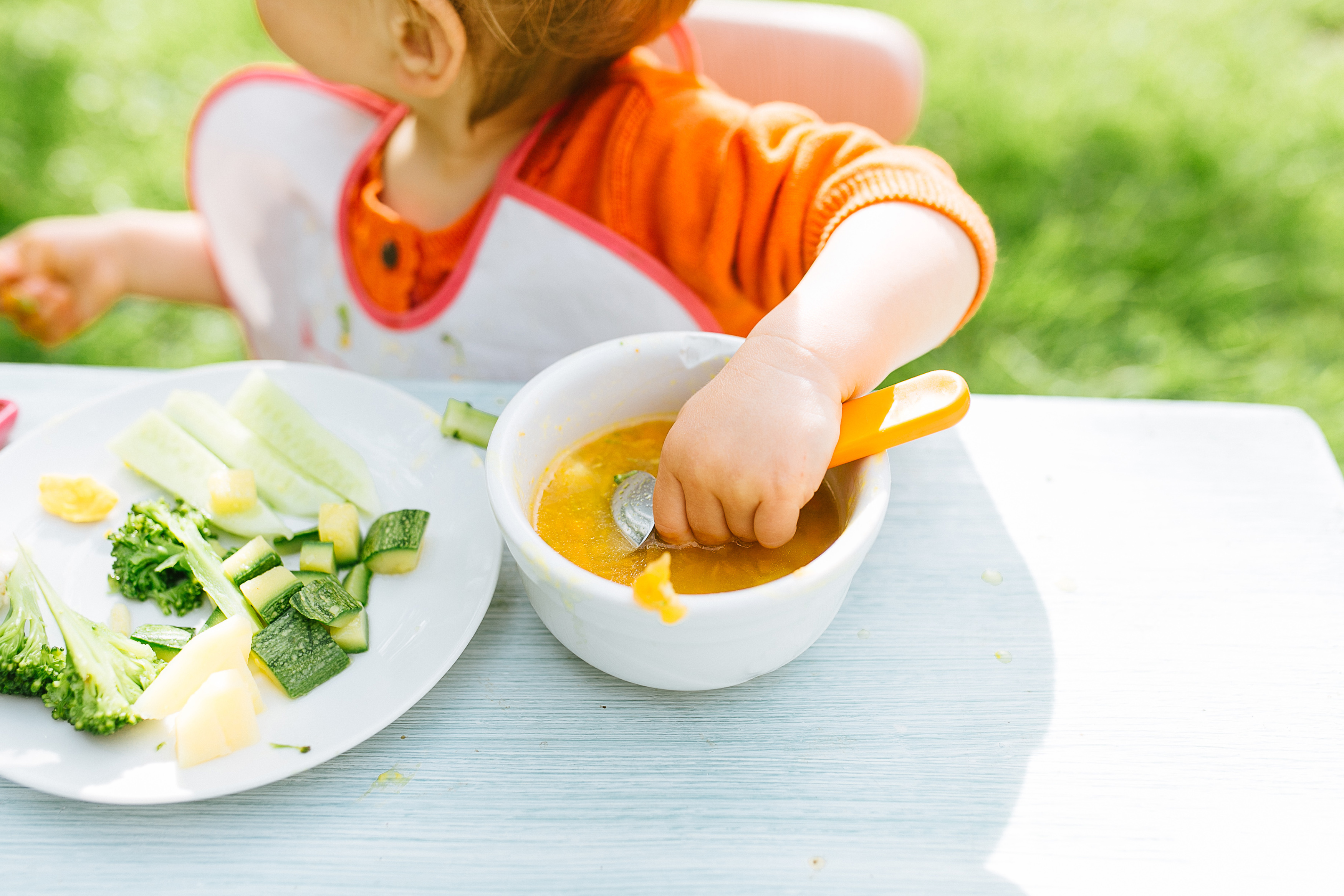
Your child is turning from a baby into a toddler. They can now try new foods. They discover which foods they like. Children prefer to eat what they know. They often do not want to try new foods at first. Be patient: Sometimes it takes 8 to 10 tries before a child likes new food. But do not give up. It is important for your child to eat as many different things as possible.
You, as parents, have a big influence on what your child eats. You buy and prepare the food.
You are also a role model. Your child watches you and imitates what you do. Your child learns from you how to behave at the table.
Change is often difficult for children. Sometimes, they do not want to try new flavours. It can also be difficult when your child has to eat on their own. But do not worry, this usually gets better over time.
Do not add much salt or strong spices when you cook for your small child. Also, do not sweeten the food. Your child should get to know the natural flavours of food. This way, they learn to like these flavours.
Help your child to learn to eat
Hinweis: Die Broschüre kann über den Broschürenservice des Sozialministeriums über folgenden Link https://broschuerenservice.sozialministerium.at or by calling 01 71100 - 86 25 25 free of charge.


